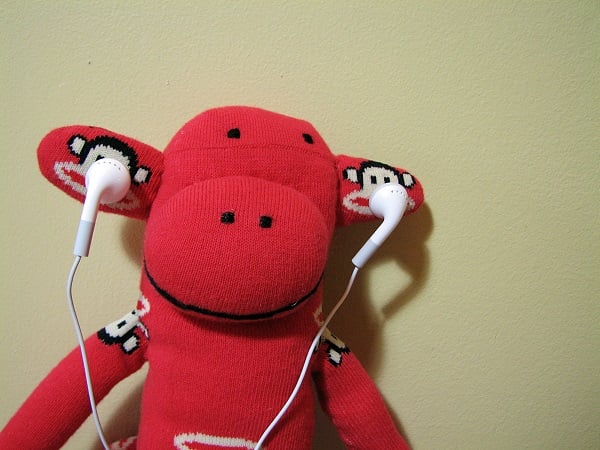How to Learn a Language through Music
Whether you enjoy classic rock, old-time crooners, or contemporary pop stars, there’s no denying that music can be a useful tool for learning a new language. But you can’t just throw on an album in Russian or Korean and expect to pick up the language skills you need, there’s so much more to using music as a learning method than just sitting back and hoping it’ll stick! If you want to boost your language skills while enjoying some great tunes, prepare to crank it up, because we’re about to tackle why music is such a great learning tool and what you can do to maximize your experience.
Why does it work?
Have you ever gotten a song stuck in your head on a loop? There’s some lyrics that, whether you love them or hate them, are just plain catchy, but there’s also the added factor that you tend to listen to your favorite songs over and over again. Repetition and a memorable melody are the perfect combination for making sure new words and phrases stick in your brain. Say good-bye to flashcards and vocab lists because music just made memorization a whole lot easier.
How does it work?

Photo via Flickr
Take it with you. One of the things that makes music such a great implement for language study is the fact that it’s portable. While you’re a bit limited when it comes to where you can use textbooks, tutors, and language exchange partners, you can listen to music anytime, anywhere. Make sure you keep a playlist handy on your phone, and, whenever you have a few free minutes, take the time to listen to music in whatever language you’re learning.
Use active listening. It’s important to remember the difference between active and passive listening. The latter involves playing music as a background noise while you do something else. Active listening means that you sit and pay attention to the lyrics, pronunciation, and rhythm of the language. As you can probably imagine, active listening is a much better approach!
Learning a new language? Take a free placement tests to see how your level measures up!

Photo via Flickr
Sing out loud. We all love dancing around the house belting out our favorite tunes at the top of our lungs (although some of us might be too embarrassed to admit it), so applying this technique to help improve your grammar and vocab in your target language shouldn’t be that tough. Singing out loud helps better your pronunciation and has the added benefit of making sure new words really do stick!
Find songs you enjoy. You’re not going to want to spend time actively listening or singing out loud to songs you don’t enjoy. Many language learners make the mistake of simply downloading whatever is popular in their target language, and this method often fails because learning these songs feels more like a chore than a joyful experience. Find music that makes you want to listen to it on repeat and makes you want to learn to sing it. Search for music in the same genre you enjoy in English, but in your target tongue, and start listening! You’ll discover some great bands you never heard about before, and improve your language skills at the same time.

Photo via Flickr
Get the translations. Getting your hands on the translation of the lyrics to a favorite French song is a good way to truly understand what you’re singing, but if you decide to do this make sure you get a copy of the lyrics in the original language as well. They’ll serve as a great reference as you learn to sing along to preferred songs. Listen to the music while following along with the lyrics, and after a few rounds you’ll have a pretty solid grasp of the vocabulary and grammar used in the song. And keep the English version on hand so you don’t get lost in translation.
Bop to the covers. Finding covers in other languages of popular English songs is a fun way to utilize music as a learning tool. Usually, because we hear them on the radio constantly, we’re more familiar with tunes in our native tongue. Which means if you find a cover in your target language, you’ll already have a pretty firm idea regarding the meaning of the lyrics and the vocab involved. This can make learning the song in a new language easier, and it’s a fun party trick you can totally impress your friends with on karaoke night!
Do you use music as a learning tool? What are some of your tips and tricks?
